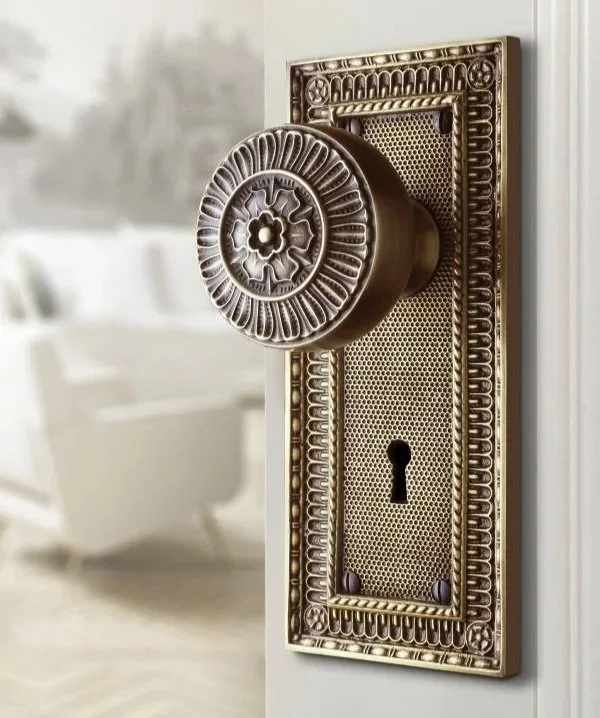The Hidden Cost of Tear-Downs on Long Island
All across Long Island, older homes are being torn down and replaced with larger, builder-grade houses marketed as the “dream home.” At first glance, the shiny finishes and spacious layouts may look appealing. But behind this trend lies a hidden cost — to the environment, to our communities, and to the architectural character that makes each neighborhood unique. Every demolition wipes away materials, history, and craftsmanship that simply cannot be replicated at the same quality today. What looks like progress on the surface often creates long-term loss — of culture, sustainability, and individuality in the places we call home.
Community Impact
Teardowns also chip away at neighborhood identity. Long Island is home to historic Colonials, Tudors, Capes, and mid-century residences — each with distinctive details that contribute to the character of the block. Replacing these one-of-a-kind homes with repetitive, mass-produced houses erodes the sense of place and makes our communities feel less personal and connected.
Environmental Impact
Demolition is wasteful by nature. Tearing down a single home can send tens of tons of materials — wood, plaster, roofing, and brick — to landfills. Even more damaging, demolition erases the “embodied carbon” stored in those materials. This means that decades’ worth of energy and resources invested in the original structure are lost in a matter of days. Rebuilding from scratch only compounds the problem with new emissions from manufacturing, transporting, and installing fresh materials.
The Value of Original Craftsmanship
One aspect often overlooked is the interior craftsmanship of older homes. Original hardwood floors, plaster walls, millwork, and staircases were built with methods and materials that are far more expensive to replicate today. These details hold not only aesthetic and historic value but also economic value — maintaining them is often a smarter investment than replacing them with lower-quality builder-grade finishes. Preserving these features means homeowners retain beauty, durability, and a sense of authenticity that new construction simply can’t provide.
A Smarter Alternative
The good news is that teardowns aren’t the only path to modern living. Thoughtful renovations and adaptive reuse can bring homes into the 21st century while respecting their original character. Updates to kitchens, bathrooms, HVAC, and insulation can improve comfort and efficiency without sacrificing charm. This approach preserves the story of the house, reduces waste, and enhances long-term value for both homeowners and their neighborhoods.
Our Commitment
At Heritage Home Company, we believe that modern living and preservation aren’t opposites — they’re partners. Our mission is to help homeowners see the hidden costs of teardowns and embrace renovation strategies that are sustainable, beautiful, and respectful of Long Island’s architectural heritage.



